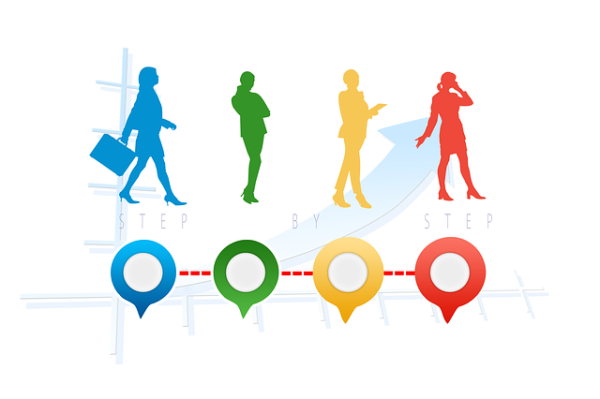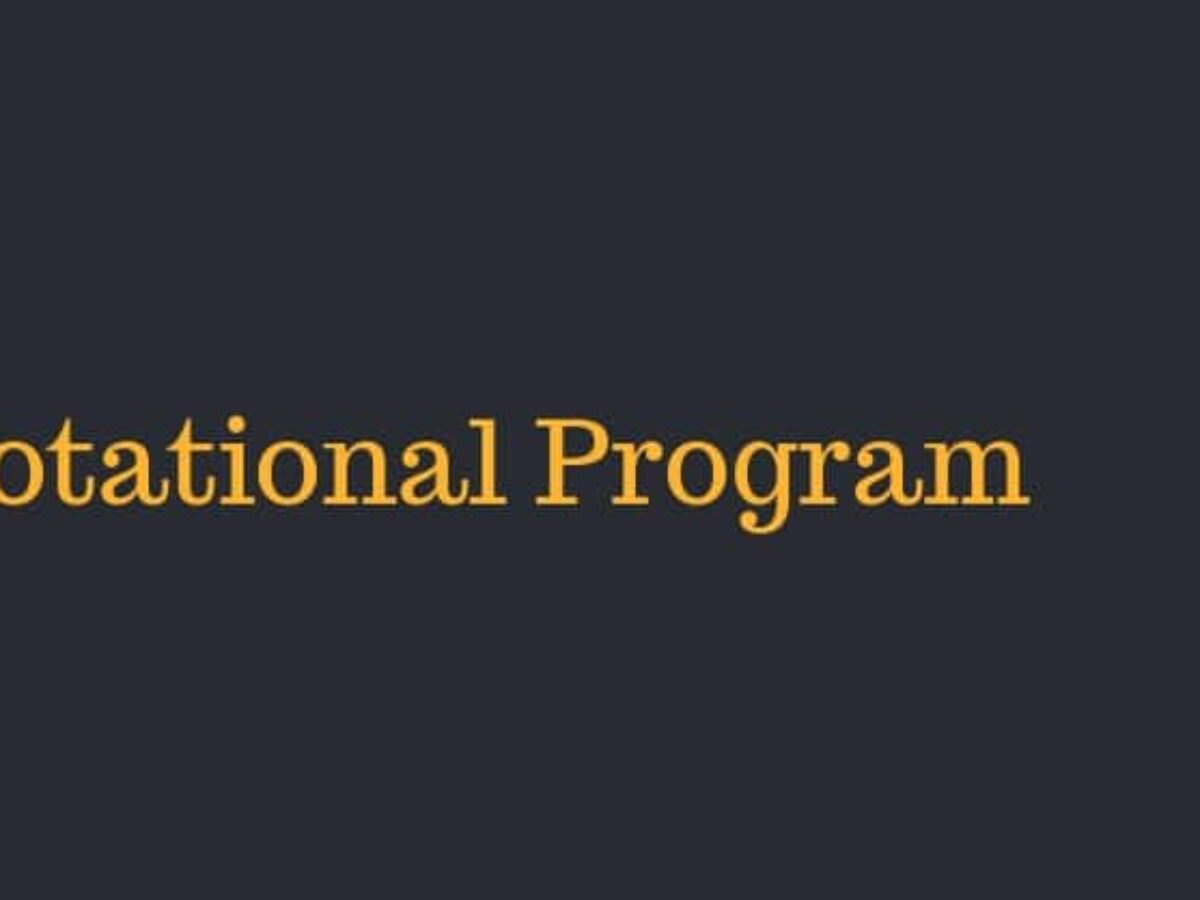
Learning as much about your job as possible is one of the best ways you can advance in your career. This will allow you to become an expert and gain the trust of your colleagues. As a result, you'll be considered a go-to person for questions and can get yourself promoted to a higher position.
Take on new responsibilities
Taking on new responsibilities shows a manager that you are dedicated to the job and can manage the workload. It shows that your passion for the project is evident and that you can motivate others. It is important to meet with your manager if you are interested in taking on new duties. You can also prepare talking points and brainstorm ways to show your willingness to take on the challenge.
Your career can be advanced by accepting new responsibilities. You might find new tasks and responsibilities exciting and challenging. This also shows your manager has faith in you and believes you can accomplish more. It can also open the door to a brighter and more fulfilling future.

Building a professional network
It's a great way of getting insight and accessing resources that can help you advance your career. This network can also prove to be helpful if you have a need for someone to help you in a new role. The best networks include people who can provide many functions, including decision-makers or key stakeholders. Trusted people can give you information about workplace dynamics and politics.
First, identify the people that you would like to connect with. These people might include former professors or friends you have worked with, as well as fraternity members. It's also helpful to keep in touch with these people over the long term. Your network will keep growing and evolving throughout your career. You never know who might become a world leader or business owner, so you want to create meaningful relationships at all levels.
Developing emotional intelligence
People with high emotional intelligence are able manage their emotions and take intelligent decisions. They are open to recognizing their weaknesses and working to improve them. The most important aspect of emotional intelligence is self-awareness. Self-regulation is another important component. These people are not impulsive and think carefully before taking action. They also maintain a strong sense of integrity and have the ability to say "no."
Emotional intelligence is a valuable tool in the workplace. Emotional intelligence contributes to happier employees, and better performance. TalentSmart's study found that employees with higher emotional intelligence are more likely than others to be successful in their jobs. Also, high emotional intelligence people had higher productivity levels and were awarded higher job evaluations. Teachers with higher emotional intelligence performed better at their jobs.

Pursuing an advanced degree
A graduate degree can help you improve your career prospects in many ways. A graduate degree can increase your credibility and prestige. Some people find that earning a doctorate degree improves their chances of landing a good job. Others may pursue an advanced degree because they are curious about a particular topic and want to learn more about it. An advanced degree can boost your professional profile and increase earnings power in any case.
If you are stuck in your current position, pursuing an advanced degree can give you the boost you need to make your way up the corporate ladder. A master's degree, for example, can help you earn a better salary and take on more responsibility in your company. Or, you can become a professor at a higher grade with a doctorate.